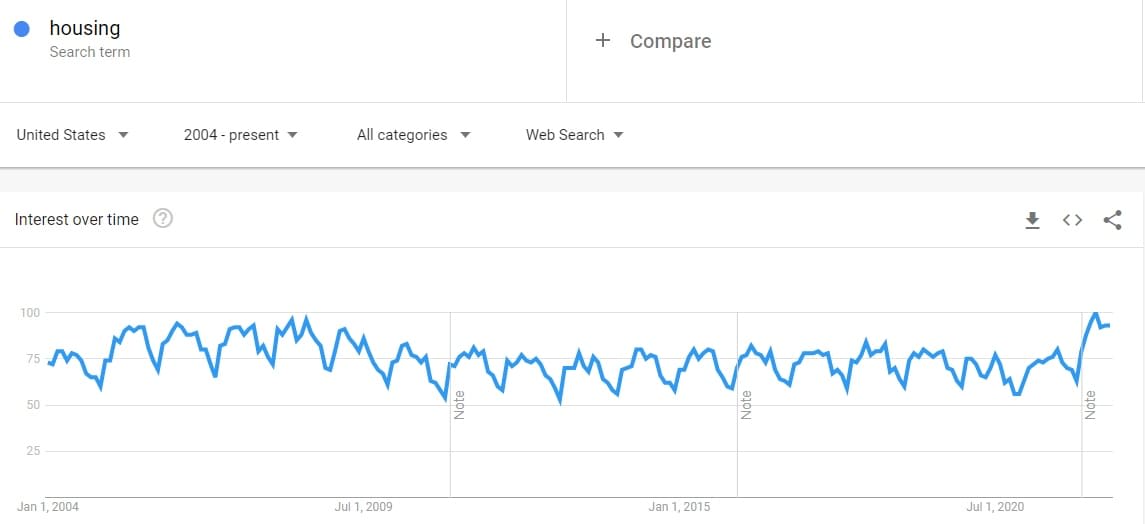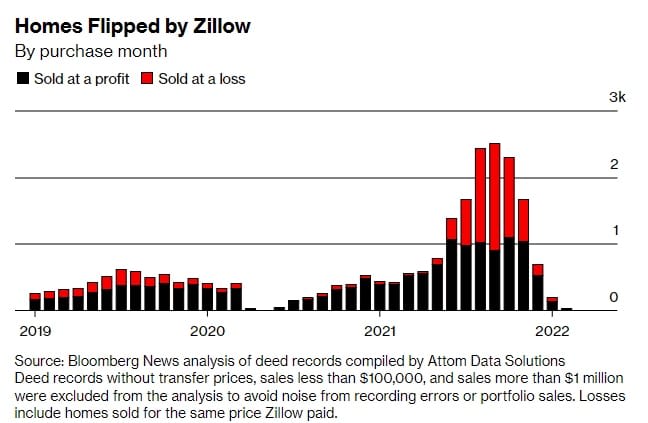The dream of many young adults, and even older adults, is to one day own a home. This right-of-passage has become increasingly more out-of-reach as wage growth hasn’t kept up with inflation, let alone home prices. But the market is controlled by factors largely outside of the average American home buyer's control. And Zillow is now facing a class action lawsuit for market manipulation. Lets take a look at some of the factors that lead to Zillow dominating the home buying and real estate market, as well as the potential fall out.
First some data. The way people buy and sell homes has changed a great deal in the 30+ years since the takeover of the internet. Whether you look at the inception date of 1983 or Google’s birthday in 1998, the increasing digitalization of commerce and tracking means that we have substantive data to evaluate regarding what people are looking for, how they search, and where they search.
We’re going to look at a few different factors here. First the search terms. Google analytics show that within the US, people searching for housing is relatively stable and fluctuates cyclically generally peaking in the summer and waning in the winter. Nobody wants to move in the middle of a snow storm. Not surprisingly, there were two peaks in people searching for housing, just before the 2007/08 housing market crash, and March of 2020 when people looked for new places where they could escape the pandemic.
Let's drill down more. In Oregon, this trend was somewhat muted since social distancing is already possible throughout most of the state. The biggest signal coming from the Willamette Valley, Oregon’s most populous region. Most people don’t search for the term housing when they want to buy or sell their home. Let’s instead look at a few other search terms including, homes for sale, real estate, mortgage loans, and of course “Zillow.”

As you can see, over time, as the internet became more effective, the term real estate was replaced with homes for sale, which became ubiquitous for Zillow starting around 2012. Surprisingly, search terms for mortgage lender matched the seasonality of homes for sale and real estate but decreased right around the same time as Zillow took off. Likely because part of Zillow’s service included connecting potential buyer’s with lenders in their network. Searches for mortgage lenders peaked around March 2020 but never quite hit the highs of the pre-bubble burst of 2007.
What did this do for Zillow's stock? It skyrocketed in March 2020 like many tech companies that provided services during the pandemic.
Zillow is accused of
misleading investors regarding the state of their now shuttered home buying arm. By purchasing homes they controlled both ends of the real estate transaction and had more control over comps which lead buyers to believe that home prices in many areas were increasing because of surging demand. Zillow was then left with a surplus of inventory that couldn't move at their inflated prices. They inflated prices in markets that couldn’t support it, pricing many out of homes altogether. When the market bubble peaked many were left without options for buying a home, which coupled with increasing rents exacerbated the ongoing housing crisis in many cities.













